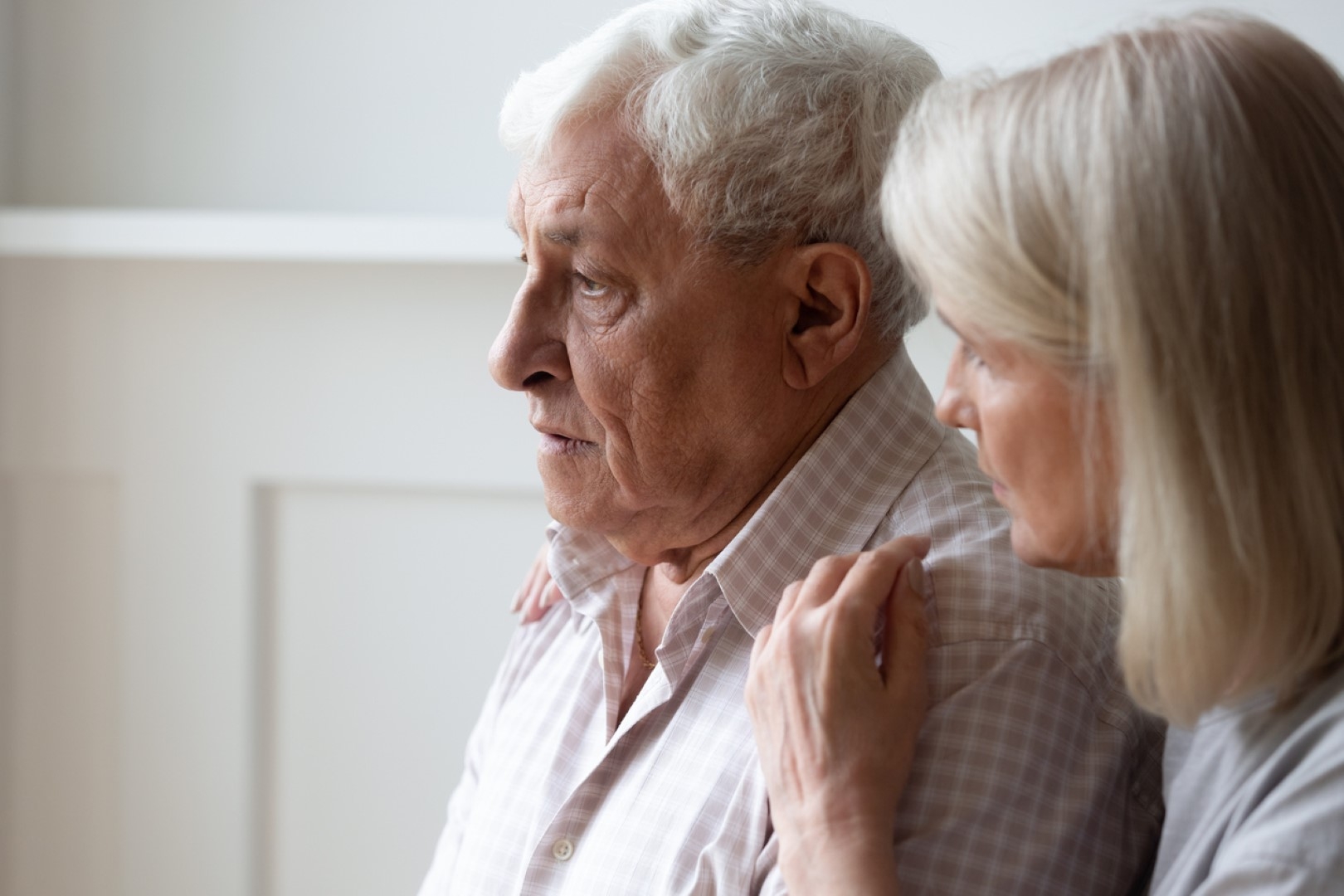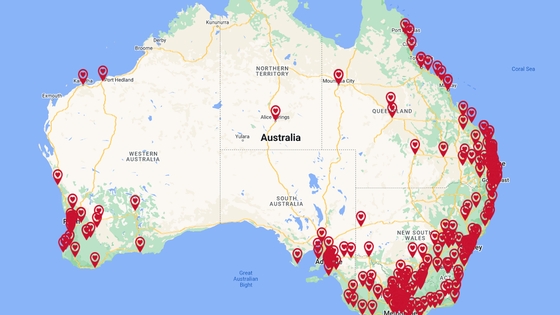
Feelings and emotions after a heart attack
This is a guide to how you might be feeling after a heart attack.
Key takeaways
3 min read
- It’s normal to feel down after a heart attack.
- You might experience depression or anxiety.
- It’s important to get help – the sooner the better.
If you’ve recently had a heart attack, you may be overwhelmed with emotions.
You might be sad, angry, anxious, lonely or confused. This is all normal. What happened to you was a big deal, so you can expect some big emotions.
Feeling down after a heart attack is so common there’s a name for it: ‘the cardiac blues’. The cardiac blues usually gets better with time and support, but these feelings can be distressing.
Find someone to talk to. It could be someone in your healthcare team, a family member, or a friend. Keep active and maintain your connection with family and friends. It can also be helpful to meet other people who’ve been through this, which is another good reason to join a cardiac rehab or support group.
Feeling alone
If you’re feeling alone, reach out to friends and family. Being connected is important for your heart and your general health.
If your friends or family aren’t nearby, then a cardiac rehab program is a great idea. As well as all the support and advice from health professionals, you’ll get to connect with people who have had similar experiences.
Another great idea is joining a walking group. That way you’ll get company and exercise at the same time.
Depression
Most people will experience moments of sadness, grief or lack of hope after a heart attack. This temporary 'emotional roller-coaster' is considered a normal response to a stressful event.
Depression is different. Depression is when you feel down or miserable most of the time. It affects everything, including your normal activities. It also increases your chance of having a heart attack.
You can check if your feelings, mood and thoughts need to be assessed by answering these questions: In the last 2 weeks, how often have you been bothered by:
- Having little interest or pleasure in doing things?
- Feeling down, depressed or hopeless?
If you are experiencing these feelings on more than half of the days in a two week period, you need to seek assessment from your doctor or health care team quickly.
Depression can be treated either with or without medication and there’s a lot you can do to help yourself. Having a healthy lifestyle with good food, exercise, sleep and reducing stress will help both your physical and your mental health, and it will be very good for your heart.
You can get more information and support from Beyond Blue. They can support your friends and family too.
Anxiety
Feeling anxious is another common emotion after a heart attack. You might be feeling vulnerable, or worried that you’ll have another heart attack. It is normal to have some concerns.
Anxiety is more than just feeling stressed or worried. It often comes with strong physical feelings, like a racing heart, feeling sick, or getting very hot then very cold. You might have bad or scary thoughts at the same time. Lots of people with anxiety stay home and avoid others. Unfortunately, this just makes things worse.
The good news is that there are lots of ways to treat your anxiety. Speak to your doctor or arrange to see a psychologist. You can also get support in your cardiac rehab program.
Getting help
If you’re struggling with depression or anxiety, don’t wait to get help. The sooner you see your doctor, the better. If your doctor gives you medication, make sure you take it as prescribed.
You can also help yourself by making some healthy lifestyle changes, letting your friends and family support you, and connecting with others who are going through the same thing.
If you live with or have experienced a mental health diagnosis, a heart event can make managing your psychological health challenging. Check in with your mental health support team and seek help in managing your physical, mental and emotional health.
If you are worried about your thoughts or how you are feeling and need urgent support, call Lifeline 13 11 14.
You might also be interested in...

Heart attack recovery – your first month
Explore the Heart Foundation’s guide on what to expect in the first month after your heart attack.

Returning to work after a heart attack
Discover how to plan for your return to work.

Find a cardiac rehabilitation service near you
Cardiac rehabilitation helps your recovery after a heart procedure or the diagnosis of a heart condition. It also helps lower your chances of having heart problems in the future.
Last updated16 March 2020